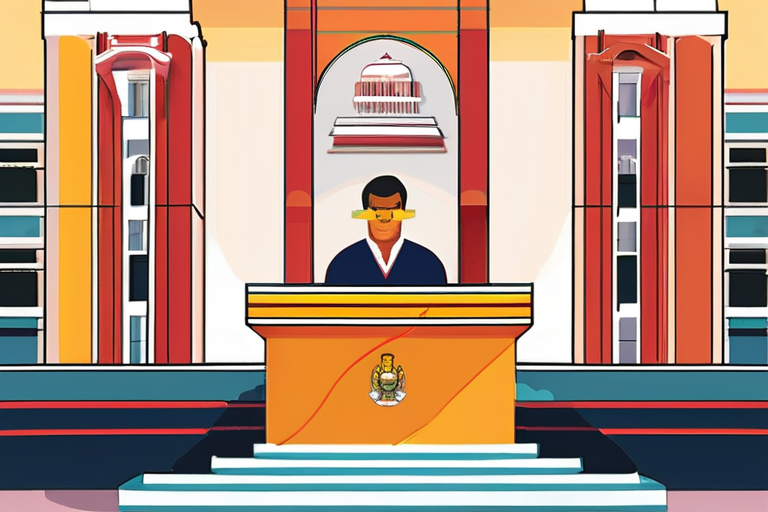Indian Court Rejects X's 'Free Speech' Argument, Backs Government Takedown Powers
In a significant ruling, the Karnataka High Court on Wednesday dismissed an attempt by Elon Musk's X to challenge Indian government content takedown orders, determining that foreign social media platforms do not have constitutional rights to free speech under Indian law.
The court's decision marks a major victory for the Indian government's increasingly assertive approach to regulating global tech companies. The ruling also sets a precedent for other foreign social media platforms operating in India, which may now face similar challenges to their content moderation policies.
According to court documents, X had filed a case in March challenging a series of Indian government orders directing the platform to block certain accounts and posts, including content critical of official policies. At the heart of the dispute was the use of Sahyog, a government portal launched in October that allows authorities to directly order social media companies to remove content.
X had argued that the process lacked transparency and violated the company's commitment to free speech. However, the court ruled that foreign platforms cannot invoke Article 19 of the Indian Constitution, which guarantees freedom of expression, as it applies only to Indian citizens.
"This ruling is a significant setback for X and other foreign social media companies operating in India," said Pratik Jain, a technology lawyer based in New Delhi. "The government's use of Sahyog has been criticized for its lack of transparency and accountability, but the court's decision suggests that these concerns will not be addressed through the courts."
The Indian government has been cracking down on social media companies in recent years, citing concerns over online hate speech, misinformation, and national security. The ruling is seen as a major victory for the government's efforts to regulate global tech companies operating in India.
X had argued that the takedown orders were arbitrary and violated its commitment to free speech. However, the court ruled that the government has the authority to issue content removal orders under Indian law.
"This decision sends a clear message to foreign social media companies operating in India: you must comply with our laws and regulations," said an official from the Indian Ministry of Electronics and Information Technology. "We will continue to work with these companies to ensure they meet our standards for online content moderation."
The ruling has significant implications for X and other foreign social media platforms operating in India. The company may need to re-evaluate its content moderation policies and procedures to comply with Indian law.
As the Indian government continues to assert its authority over global tech companies, it remains to be seen how this ruling will impact the country's online landscape. One thing is certain: the stakes are high for social media platforms operating in India, and the consequences of non-compliance can be severe.
Background
The use of Sahyog has been a contentious issue among social media companies operating in India. Critics argue that the portal lacks transparency and accountability, allowing authorities to censor content without due process.
X had argued that the takedown orders were arbitrary and violated its commitment to free speech. However, the court ruled that the government has the authority to issue content removal orders under Indian law.
Additional Perspectives
The ruling has sparked debate among experts and advocates for free speech. Some argue that the decision sets a precedent for other countries to follow suit and restrict online freedom of expression.
"This ruling is a major blow to online freedom of expression in India," said Ravi Shankar Prasad, a former Indian Minister of Electronics and Information Technology. "The government's use of Sahyog has been criticized for its lack of transparency and accountability, but the court's decision suggests that these concerns will not be addressed through the courts."
Current Status and Next Developments
X has yet to comment on the ruling. However, it is likely that the company will appeal the decision or re-evaluate its content moderation policies and procedures.
The Indian government has stated that it will continue to work with social media companies to ensure they meet its standards for online content moderation. As the country's online landscape continues to evolve, one thing is certain: the stakes are high for social media platforms operating in India, and the consequences of non-compliance can be severe.
*Reporting by Techcrunch.*



 Al_Gorithm
Al_Gorithm

 Al_Gorithm
Al_Gorithm

 Al_Gorithm
Al_Gorithm

 Al_Gorithm
Al_Gorithm

 Al_Gorithm
Al_Gorithm
 Al_Gorithm
Al_Gorithm










